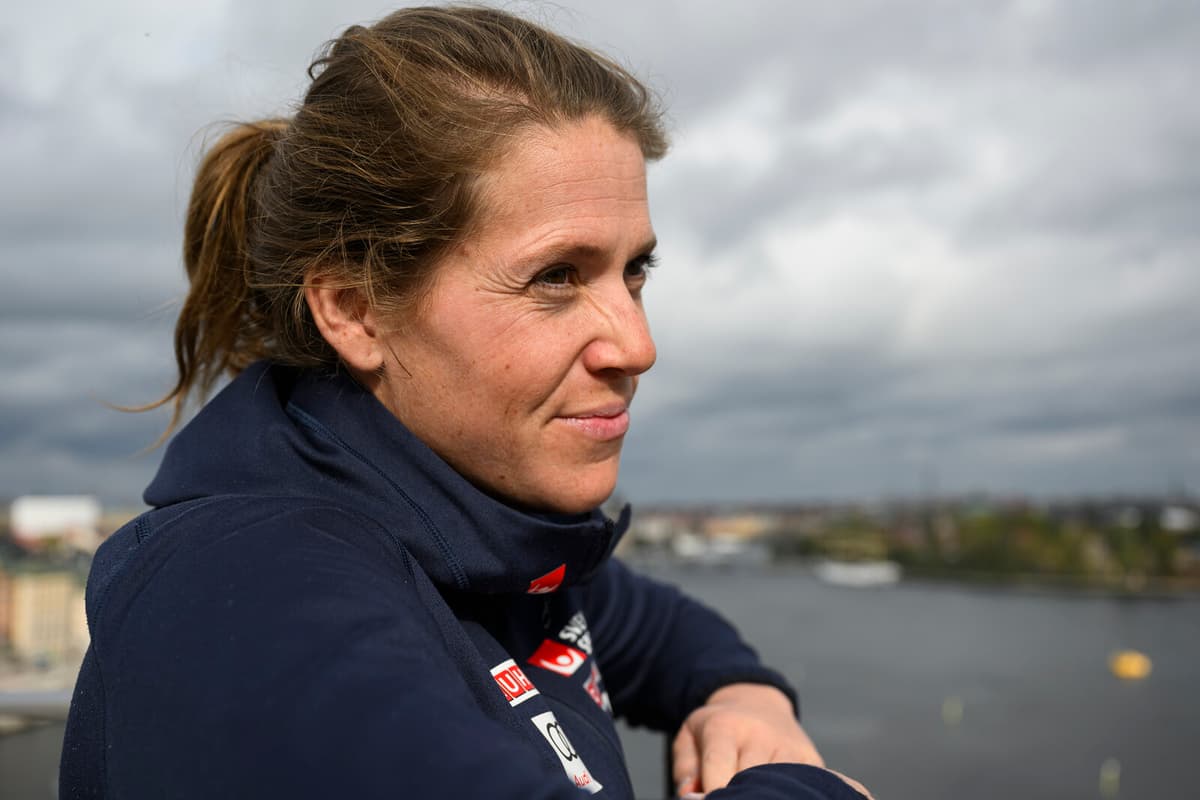Several media outlets have recently reported on the strained economy of the Swedish Ski Association.
Among other things, Dagens Nyheter described the situation in the alpine national team last week after two failed sponsorship contracts, which has affected individual skiers.
It's sad about the economic development, says reigning OS gold medalist in giant slalom Sara Hector.
Ten skiers forced to pay
According to DN, it was initially only three skiers – Hector, Anna Swenn-Larsson, and Kristoffer Jakobsen – who would have their training funded this year. Recently, it became clear that six more skiers from the so-called training group 1 would receive financing.
The rest, ten skiers, will have to pay up to 150,000 kronor themselves to fund their training.
Sara Hector sympathizes with her national team colleagues.
It's very sad that the conditions aren't better.
She has just returned from a training camp in Argentine Ushuaia, at the southern tip of South America. Another who was there was Estelle Alphand, who has chosen her own setup.
The 29-year-old is part of training group 2, needs to pay for training camps this year, and believes that the setup for Sweden's lower-ranked skiers is not competitive.
Training with Andorra
Therefore, she paid for the trip to Argentina herself and on site trained with Andorra's national team, not with Sweden's.
It's very strong of her to do this on her own, says Hector.
And I really hope it will give results. I've missed having her on the team. But I also understand that it's a reality for the national team that's not easy to handle. And that they need to make priorities, there's a lot to take into account.
Advertisement
A difficult balancing act, admits Hector. She understands that the Swedish Ski Association must prioritize hard when resources are scarce, but also thinks that one must invest to continue having a strong national team.
I really hope they find a way to allocate resources where they do the most good. Because it's important that there's something that inspires future generations. But it's clear that it becomes a priority issue when resources are lacking. And I understand that they're doing their absolute best.






